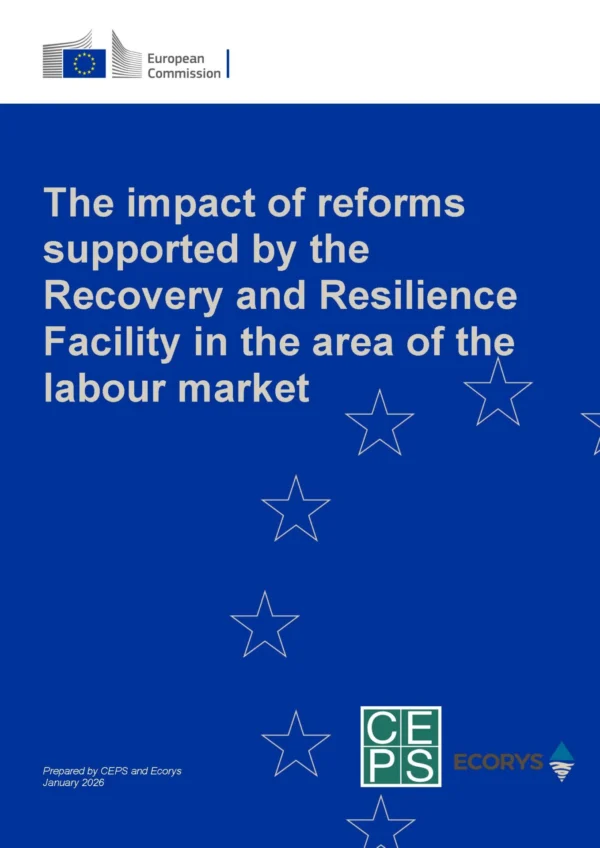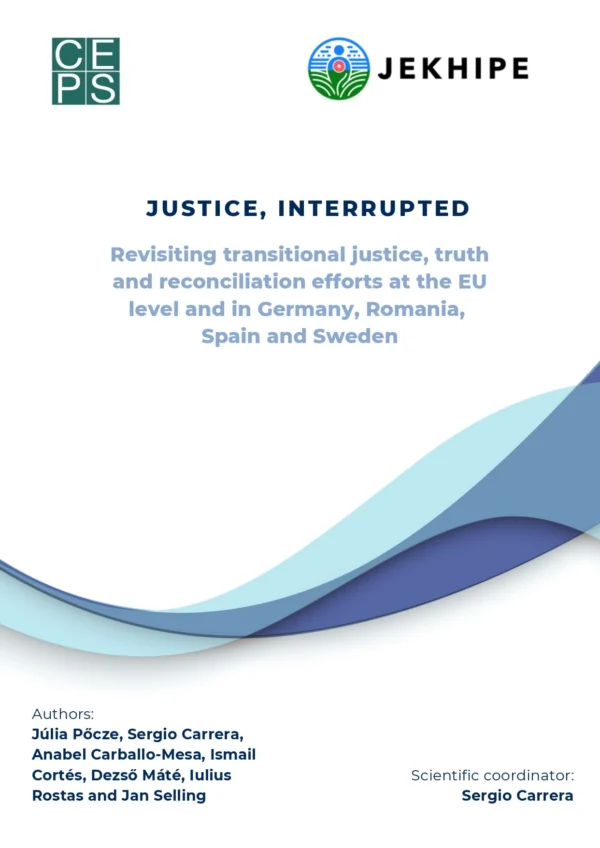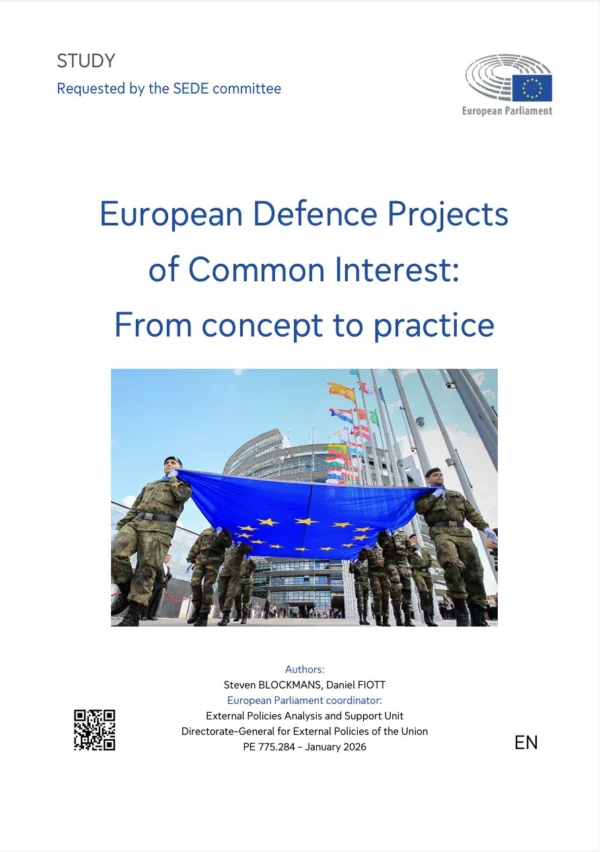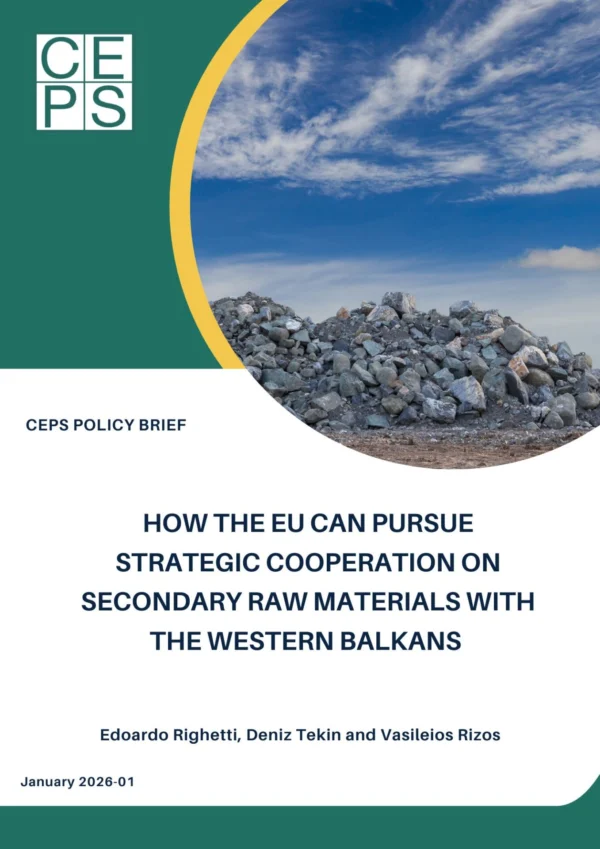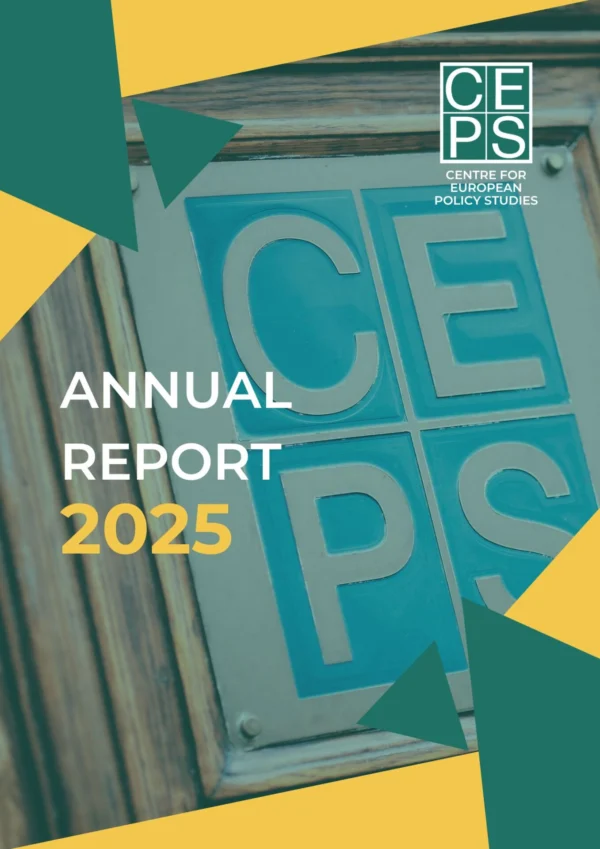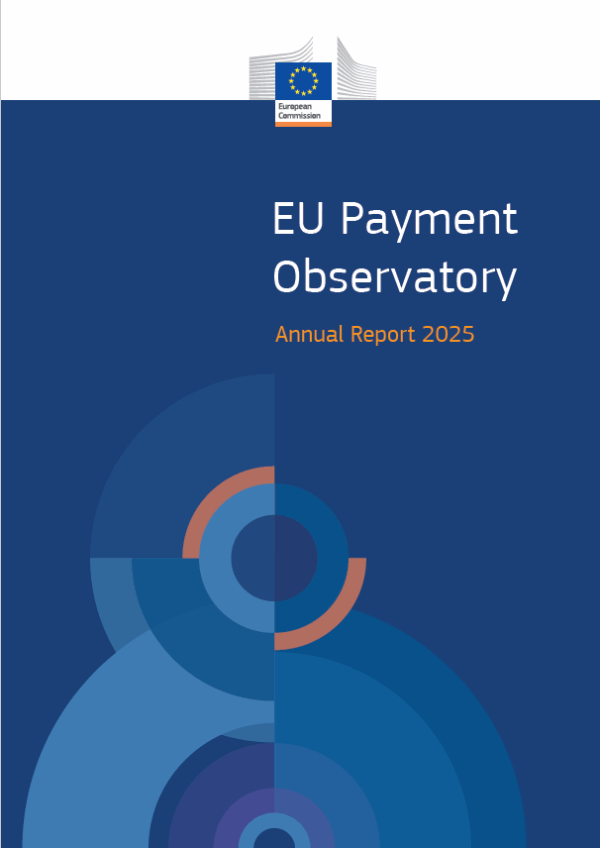This paper focuses on situations in which a person is said never to have had the nationality of a country, even though (s)he assumed (and in many cases the authorities of the country concerned shared that assumption) that (s)he possessed that nationality. Contrary to situations of loss of nationality, where something is taken away that had existed, quasi-loss involves situations in which nationality was never acquired. This contribution seeks to examine whether a person should under certain circumstances be protected against quasi-loss of nationality. In order to do so, the paper first maps out situations of quasi-loss in EU member states, describing typical cases in which a person never acquired the nationality of the country, although (s)he was at some time considered as a national. Drawing on this taxonomy, the paper attempts to uncover whether national, European and international laws offer some protection, and if yes, to which extent, for situations of quasi-loss. It concludes with outlining best practices which Member States should comply with in handling such situations.
This paper was prepared in the context of the ILEC project (Involuntary Loss of European Citizenship: Exchanging Knowledge and Identifying Guidelines for Europe), which aims to establish a framework for debate on international norms on involuntary loss of nationality. ILEC is co-funded by the European Commission’s DG Justice, Citizenship and Fundamental Rights. For more information visit: www.ilecproject.eu
Gerard-René de Groot is Professor of Comparative Law and Private International Law in Maastricht, Aruba and Hasselt. Patrick Wautelet is Professor of Private International Law and Comparative Nationality Law in Liège.

